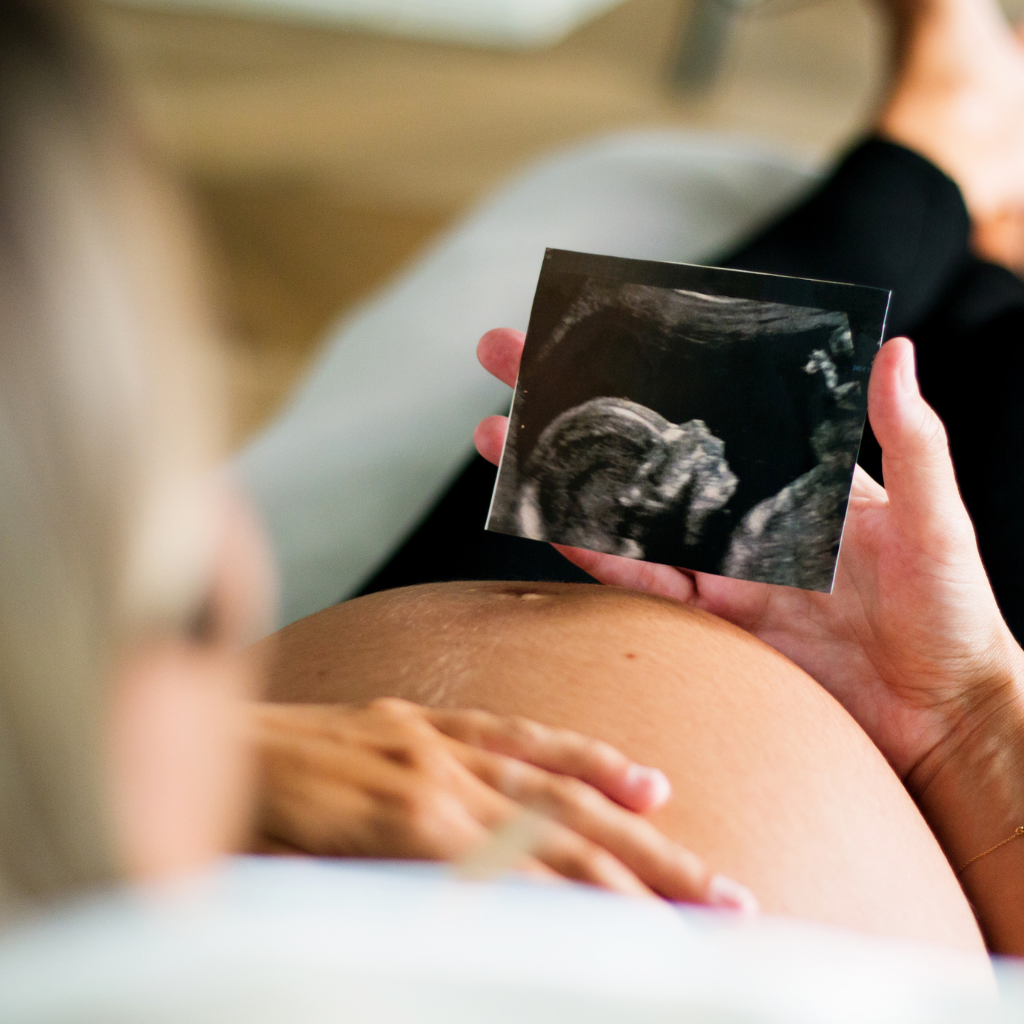Pregnancy is the period where fetal growth occurs in the womb. This period starts from conception when fertilized egg implants itself in the uterine wall. The zygote is made up of a cluster of cells that later form the fetus and the placenta(which provides nutrients and oxygen to the fetus). It is calculated 40 weeks from the first day of the last menstrual period.
Stages of the pregnancy
First trimester (from week 1- week 12)
Pregnancy is calculated from the first day of your last missed period. The initial two weeks is the period before conception, and fertilization occurs in the third week of pregnancy. There is a rush of hormonal changes in the female body. You may feel the below-mentioned symptoms:
- Nausea and vomiting
- Mood swings
- Change in your weight
- Breast: tender, swollen
- Tiredness
- Heartburn
- Changes in craving: increased or decreased
- Increased frequency of urination
Second trimester (week 13- week 28)
Most of the symptoms disappear, and the female feels more energy during the second trimester. You will notice that your baby bump is significantly visible, and most people start to congratulate you. There are physical changes you may start to notice like:
- The skin around the nipples starts to become darker in color
- Stretch marks on the abdomen
- Occasional abdominal pain
- Swelling in the lower part of the body
- A line on the skin running from the belly button to the pubic hairline
Third trimester (week 29- week 40)
You will start to feel discomfort again. During the third trimester, some females feel rapid weight gain. Now you will feel the symptoms:
- Frequent urination
- Heartburn
- Shortness of breath
- Trouble sleeping
- Braxton hicks contraction
A common complication during pregnancy
- High blood pressure
- Preeclampsia
- gestational diabetes
- Iron-deficiency anemia
- Urinary tract infection
Diagnostic test during pregnancy
- Blood test: complete blood count (CBC), blood type, rubella (German measles), syphilis, hepatitis B, hepatitis C, HIV (human immunodeficiency virus)
- Urine test: urinalysis, urine culture
- Ultrasound: fetal nuchal translucency (NT),
- Amniocentesis
- Glucose tolerance test
- Nonstress test
[bg_collapse view=”button-orange” color=”#4a4949″ expand_text=”Show More” collapse_text=”Show Less” ]
Source:
https://www.cdc.gov/reproductivehealth/maternalinfanthealth/pregnancy-complications.htmlhttps://www.womenshealth.gov/pregnancy/youre-pregnant-now-what/stages-pregnancyhttps://www.acog.org/womens-health/faqs/routine-tests-during-pregnancy
[/bg_collapse]

